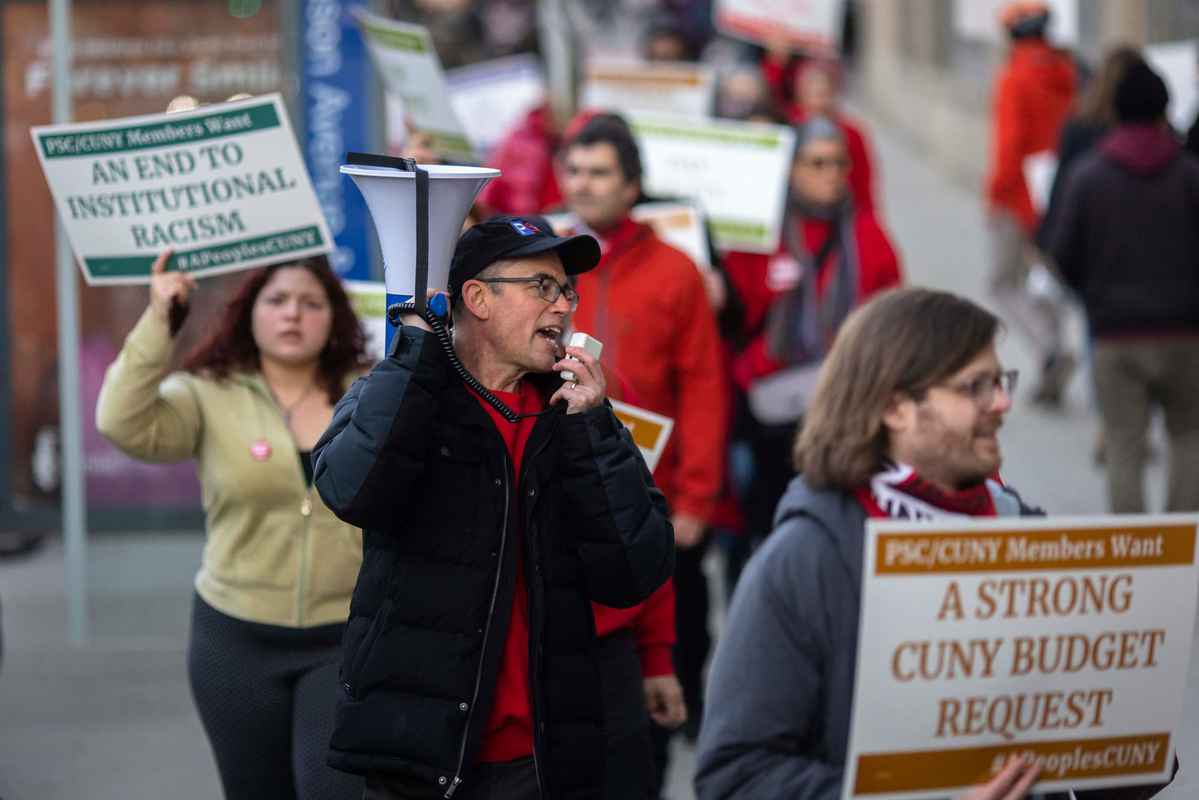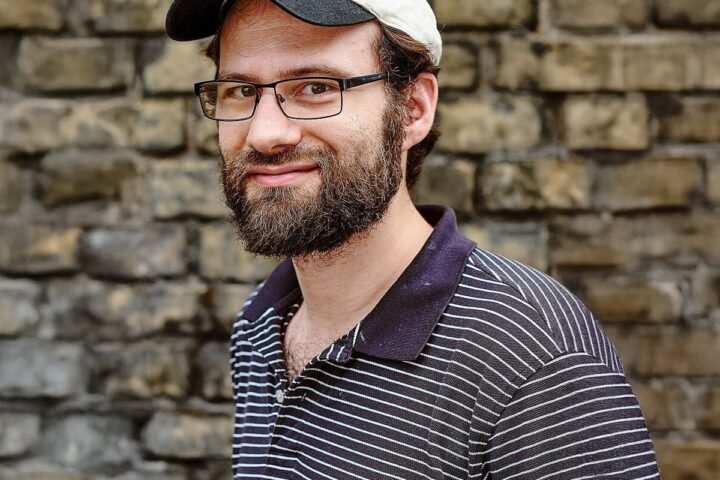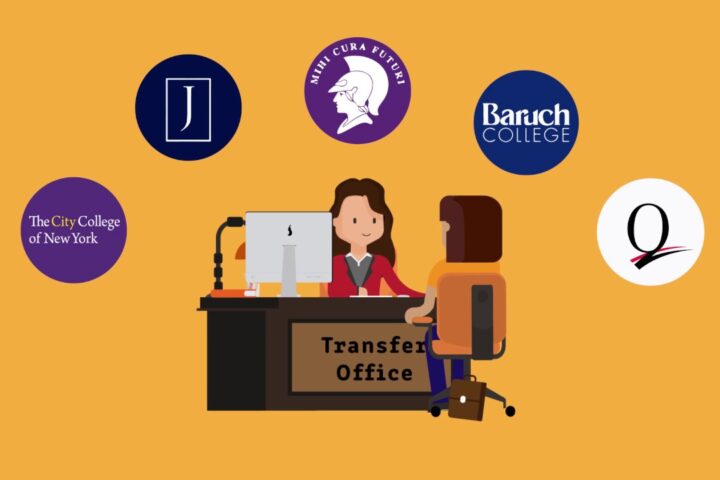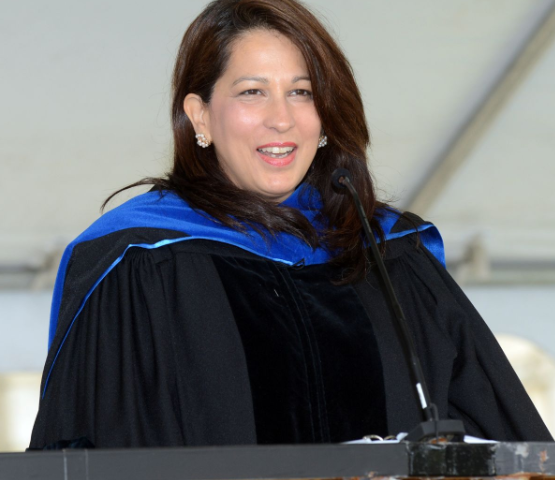The CUNY Rising Alliance (CRA) has been organizing around the New Deal for CUNY over the last semester. With the 2024-25 State Budget being continuously postponed from April 1st, supporters of CUNY are scrambling to make their final calls to the governor’s office to fund CUNY.
On April 1st, the CUNY stakeholders attended a hearing with the Board of Trustees to voice their grievances about the current state of CUNY, and to advocate for policy measures.
One of these policies includes the New Deal for CUNY, which has received growing support among state representatives since its introduction in 2021.
Among the stakeholders present at the hearing were students, faculty, and staff, sharing their individual experiences within their respective campuses.
Included in the issues discussed were worsening staffing shortages within both student services and faculty. According to those present, the shortages have resulted in graduation delays for many students across CUNY, and others have had to wait months to find academic advisors.
Eroding infrastructure and health and safety issues were also reported.
Johanna von Maack, a student from Hunter College and a liaison for the CUNY Rising Alliance’s Communications team, shared why she believes students should participate in events such as this hearing:
“All of these issues impact you, even if it might not be upfront. Everything from having only one section of a class be scheduled a semester to your elevators not working, from your professor taking forever to grade papers to the food in the cafeteria being so expensive, everything is as a result of CUNY not being funded. We have to keep advocating and fighting for its funding, otherwise those in power will take advantage of our silence and take away even more funding from us,” said Maack.
Maack has raised concerns over the salaries of CUNY board members, who, in the eyes of many CUNY students and faculty, have little stake in the success of the system. The salary ranges of CUNY administration can reach as high as $724,470, according to the 2017 Executive Salary and Compensation Plan.
With the continuous budget cuts and layoffs between campuses, many stakeholders, including Maack, feel that the administration has no accountability to them.
“People have been complaining about these issues for years, and the silence from the majority of the Board of Trustees is reflective of how much they are actually attempting to address the core needs of CUNY,” said Maack.
The Board of Trustees, while responsible for financing and maintaining CUNY’s 25 campuses, are considered by groups such as CRA to have little accountability as appointed officials rather than elected representatives.
George Fragopoulos, an associate professor of English at Queensborough Community College and associate professor of Liberal Studies at the CUNY Graduate Center expressed his concerns:
“It’s hard to say to what degree the Board of Trustees is responding to the concerns of students and faculty. On the one hand, the Board of Trustees does advocate for CUNY and does raise money for the university,” said Professor Fragopoulos. “On the other hand, judging by the cuts imposed on us by Mayor Adams and Governor Hochul and by the ongoing push for more and more austerity, the Board of Trustees is simply not doing enough. Either way, it is the students and faculty and workers who make CUNY what it is. The future of the university is in our hands and we should never forget that fact.”
Both Maack and Professor Fragopoulos have encouraged students to get involved with organizations such as the New York Public Interest Group, Young Democratic Socialists, and CRA to continue to pressure CUNY administrators and state officials to reverse the cuts and support the New Deal For CUNY.
Editor’s Note: This article is a part of the Advocacy Journalism desk. Advocacy Journalism is a form of journalism that uses reporting as a tool to call/advocate for changes within a system, typically politically or socially.











